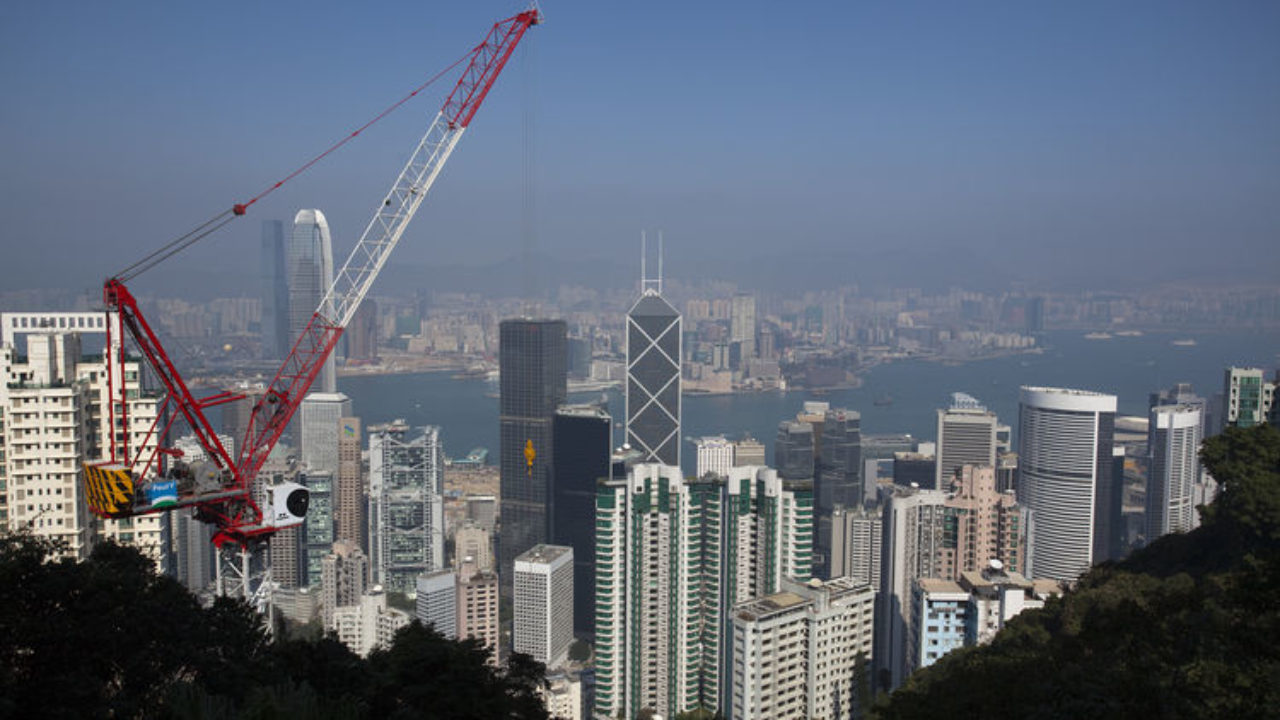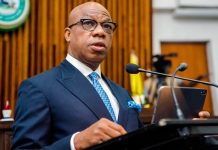
Abiodun Oluwole Folawewo is a professor of Economics in the Faculty of Social Sciences, University of Ibadan. He reviews Nigeria’s journey in 59 years, where the country missed it and what ought to be done to get the country back on the track of sustainable development with DARE ADEKANMBI.
NIGERIA last week celebrated its 59 years of independence. Has it been 59 years of no growth and development or a case of growth but no development?
If I am to answer your question rightly, I will tell you that in the past 59 years, Nigeria has witnessed some level of growth and development. It is not really true that the country has been growing without developing. If we have a comparative in absolute term, I will say Nigeria has been growing and developing. But when we place the country on comparative terms, then we say the growth has not been commensurate with what we expect and, of course, the level of development is not up to expectation.
In what specific areas would you say there have been growth and development?
For you to measure whether there has been progress in any country, you look at what is happening to the level of output, consumption, productivity and the rest. When you compare where we were in the early 1960s and 1970s, you would discover that Nigeria has grown in terms of output and the rest. When you look at other fundamental indices or indicators of development such as provision of amenities, Nigeria has witnessed some level of development. But looking holistically, the development has not been adequate and of course the level of growth as well has not been adequate. If we break it down into different components, some sectors of the economy have been growing, while some other sectors, instead of growing, are actually going down.
A typical example is our manufacturing sector or the industrial sector. The country has witnessed little growth. In fact, there have been fluctuations in the level of growth, to the extent that our industrial and manufacturing sectors, instead of actually experiencing rapid growth, have been going down. But when you look at services sector, especially like communication, there has been growth and has become a big employer of labour for years now compared to what we had in the early 60s and 70s. Of course, when you look at agriculture, this has also grown and of course the growth has also started shrinking because some other sectors have started springing up. But the critical sector that we need to create jobs and improve household welfare is the manufacturing industry. In this area, the country has not fared well at all.
Looking at power generation, a lot of money has been sunk into this sector without tangible results being felt by Nigerians. What really do you see as the problem here and where did the country get it wrong?






